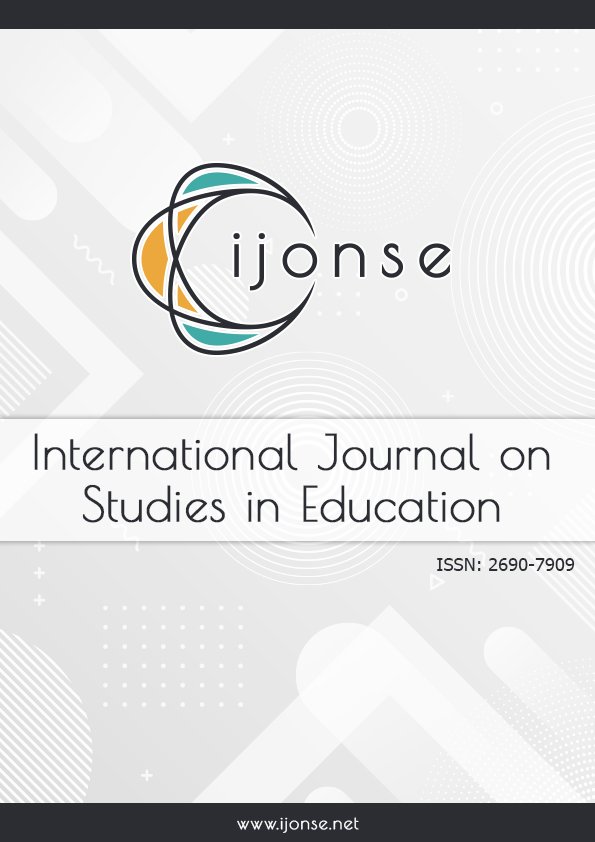Analyzing Educational Objectives that Include Critical Thinking: Dot Product Problems in Vector Algebra
DOI:
https://doi.org/10.46328/ijonse.16Keywords:
Reasoning, Problem solving, Students’ performance, Knowledge structural levelsAbstract
The primary and secondary school educational system should be stable and any upgrading reforms should be made gradually and consistently. This is especially important in mathematics education, since the element of logical reasoning while learning is more prominent there. Inconsistencies in reforms generate deficiencies in the higher levels of young students’ reasoning skills and this situation continues on the university stage of education. We will report our findings about the reasoning of first-year university students on elements of geometry and associated algebra. We conducted an experiment where students’ understanding of the definition of dot product of two vectors, cosine function and linear (in)dependence of vectors is evaluated, and address their mathematical activity to provide insight into the key elements of the problem they are solving. We use Bloom’s and SOLO taxonomy as a tool for the assessment of our findings. We obtained the data from written exams given to vector algebra students and also from individual interviews.References
Gacovska-Barandovska, A., Celakoska-Jordanova, V., & Celakoska, E. (2020). Analyzing educational objectives that include critical thinking: Dot product problems in Vector Algebra. International Journal on Studies in Education (IJonSE), 2(2), 108-118.
Downloads
Published
Issue
Section
License
Articles may be used for research, teaching, and private study purposes. Authors alone are responsible for the contents of their articles. The journal owns the copyright of the articles. The publisher shall not be liable for any loss, actions, claims, proceedings, demand, or costs or damages whatsoever or howsoever caused arising directly or indirectly in connection with or arising out of the use of the research material.
The author(s) of a manuscript agree that if the manuscript is accepted for publication in the International Journal on Studies in Education (IJonSE), the published article will be copyrighted using a Creative Commons “Attribution 4.0 International” license. This license allows others to freely copy, distribute, and display the copyrighted work, and derivative works based upon it, under certain specified conditions.
Authors are responsible for obtaining written permission to include any images or artwork for which they do not hold copyright in their articles, or to adapt any such images or artwork for inclusion in their articles. The copyright holder must be made explicitly aware that the image(s) or artwork will be made freely available online as part of the article under a Creative Commons “Attribution 4.0 International” license.

This work is licensed under a Creative Commons Attribution-NonCommercial-ShareAlike 4.0 International License.





